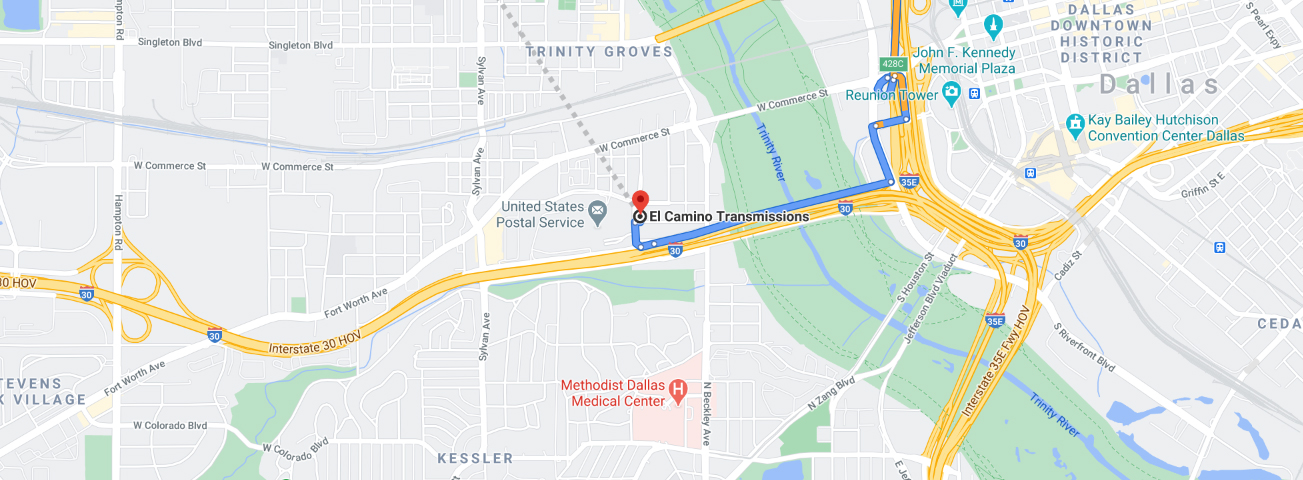How Can I Tell What’s Wrong with my Ford 4R70W Transmission?
Your Ford 4R70W transmission is an essential part of your vehicle’s drivetrain. It helps convert the engine’s energy into motion, propelling the car forward. The Ford 4R70W valve is an integral component of the transmission that helps regulate the flow of hydraulic fluid to control gear shifts. If there is an issue with the valve, it can cause various problems with the transmission. El Camino Transmission has been helping Ford owners for years and here are some tips to help you identify what might be wrong with your Ford 4R70W transmission.
1. Check the Fluid Level and Quality
The first step in diagnosing any transmission issue is to check the transmission fluid level and quality. Low fluid levels can cause many issues, including slipping gears, overheating, and even transmission failure.
To check your transmission fluid, locate the dipstick under the hood of your car, pull it out, and wipe it clean. Reinsert the dipstick, then remove it again and check the fluid level and color. The fluid should be at the appropriate level and should have a bright red color. If the fluid is low, add more until it reaches the correct level. Additionally, if the fluid is brown or smells burnt, it may be time for a transmission fluid change.
2. Listen for Unusual Noises
Listen for any unusual sounds from the transmission when your vehicle is in gear. These could include whining, buzzing, or clunking noises.
Whining noises could indicate worn gears while buzzing or grinding noises could point to problems with the torque converter.
Clunking sounds could be a sign of worn U-joints or a bad driveshaft.
3. Pay Attention to Shifting
Common shifting issues include delayed shifting, hard shifting, and slipping gears. Delayed shifting occurs when there is a time difference between when you shift and when the car actually shifts.
Hard shifting, on the other hand, occurs when the car lurches or jerks when shifting gears. Slipping gears happen when the vehicle unexpectedly slips into a different gear or jumps out of gear altogether.
4. Look for Leaks
Look for leaks under the vehicle or around the transmission. If you see a leak, it’s essential to have it repaired as soon as possible to prevent further damage to your transmission.
5. Monitor Your RPMs
If the RPMs are higher than usual, it could indicate that the transmission is slipping or not engaging properly. If the RPMs are lower than expected, it could suggest that the transmission is not shifting properly or that there is a blockage in the fluid passages.
Bottom-Line
If you are experiencing any of the above issues with your Ford 4R70W transmission, it’s essential to have it diagnosed and repaired as soon as possible. Some issues, such as low fluid levels or worn U-joints, may be easy to fix. However, other issues may require more extensive repairs, such as a transmission rebuild or replacement. If you’re in the Dallas area, give us a call.
Identifying 4R70W transmission problems can be challenging, but by paying attention to your vehicle’s fluid levels, unusual noises, shifting, leaks, and RPMs, you can diagnose potential issues with your Ford 4R70W transmission. If you are unsure of making the diagnosis individually, it’s always best to take your vehicle to a certified mechanic. Contact us today to schedule an appointment at our garage, El Camino Transmission, 214-748-4716.





